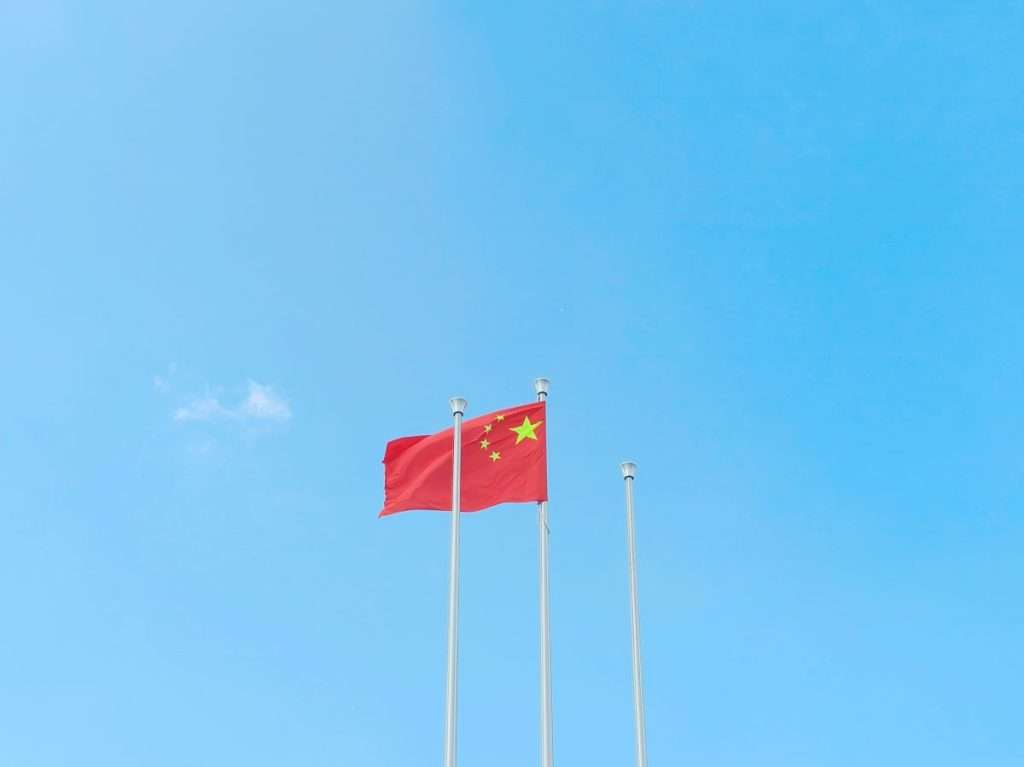Beijing is advising Chinese automakers to keep advanced EV technology within the country, even as they establish factories worldwide to avoid tariffs on Chinese exports. The government is encouraging the export of so-called knock-down kits, which means key vehicle parts would be produced domestically and then sent for final assembly in their destination market.
Impact on Global Expansion Plans
This directive comes as companies like BYD Co. and Chery Automobile Co. are planning to build factories in countries ranging from Spain to Thailand and Hungary. Their innovative and affordable EVs are gaining traction in foreign markets. However, the new guidelines could hinder these automakers’ efforts to globalize as they seek new customers to counteract intense competition and slow sales at home.
Regulatory Risks and Investment Restrictions
In a meeting held by China’s Ministry of Commerce in July, automakers were also advised against making auto-related investments in India. This move is seen as another attempt to protect China’s EV industry’s know-how and mitigate regulatory risks. Furthermore, carmakers wishing to invest in Turkey must first notify the Ministry of Industry and Information Technology and the local Chinese embassy in Turkey.
Implications for European Nations
The directive could be a setback for European nations hoping that the presence of Chinese carmakers will bring jobs and a local economic boost. For instance, BYD is planning to build a factory in Turkey, expected to have an annual capacity of 150,000 cars and employ up to 5,000 people.
The Future of Chinese Automakers
Several Chinese companies have already begun opening plants in the European Union to avoid duties. However, they must meet rules-of-origin requirements that dictate a minimum level of value must be created in the EU. The future of Chinese automakers will depend on how they navigate these new directives and the evolving global EV market.







